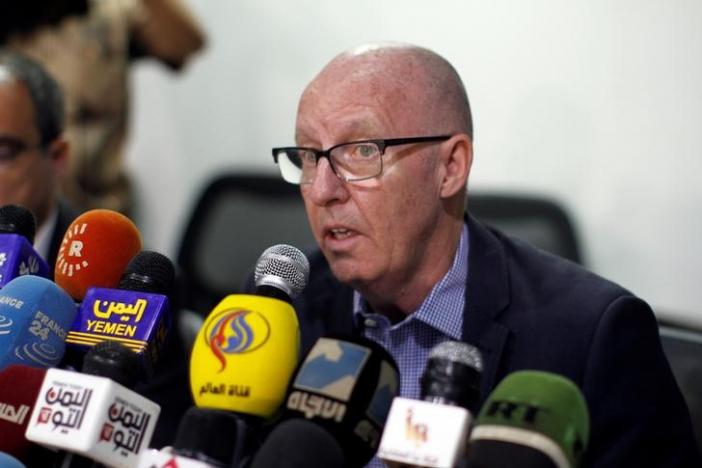Riyadh- On Wednesday midnight, 20 Oct. -Yemen’s fourth 2016 ceasefire went into effect. The first truce during the year and a half war between the army supported by national resistance from one side and the Houthis and former President Ali Abdullah Saleh from another side started on 12 May 2015—then on 15 December was the second ceasefire which coincided with launching a new session of Geneva talks between Houthis and the government. The third truce was declared on 10 April 2016.
Documented incidents and events point out that Houthis and Saleh supporters violated the three truces in the first hours. Violations varied between raiding over residential areas, targeting army and resistance forces’ bases and hindering access to humanitarian aid.
Analysts expected the fourth ceasefire to last for some time given the international pressure put on warring sides as well as the critical economic situation of Yemen. Yet, the fourth truce quickly collapsed.
Clashes were mutual- However, facts show that violations were first made by Houthis and Saleh supporters.
The Yemeni Coalition to Monitor Human Rights Violations (YCMHRV) documented 125 violations by Houthis and Saleh supporters in eight provinces: Taiz, Sana’a, Hajjah, Dhale, al-Bayda, Ma’rib, al-Jawf and Shabwah.
The report provided a table that unveils the total number of violations in these regions, respectively, in the first ten hours—the figures go as follows: 64, 19, 12, 9, 7, 6, 5 and 3. Military actions conducted by the Houthis killed two and injured 12 (mainly civilians).
Taiz was the most targeted region where bombing residential neighborhoods was intensive leading to casualties among civilians and partial destruction of houses as well as panic among children and women, according to some testimonies.
The team that prepared the YCMHRV report carried out interviews with victims’ families and residents who were terrified by the missiles.
Witness Mujib Abdullah said that he heard that a truce was declared then a missile dropped over his house and his neighbor’s.
